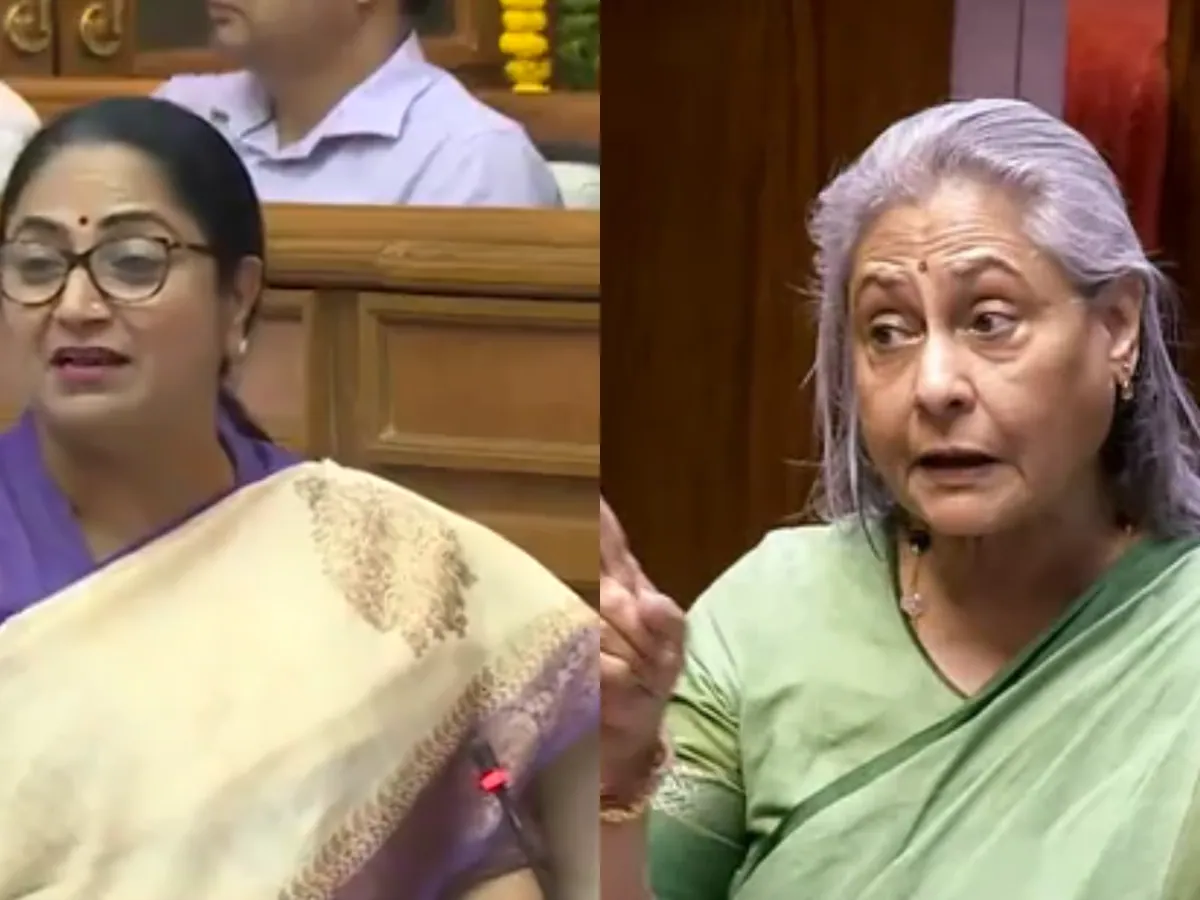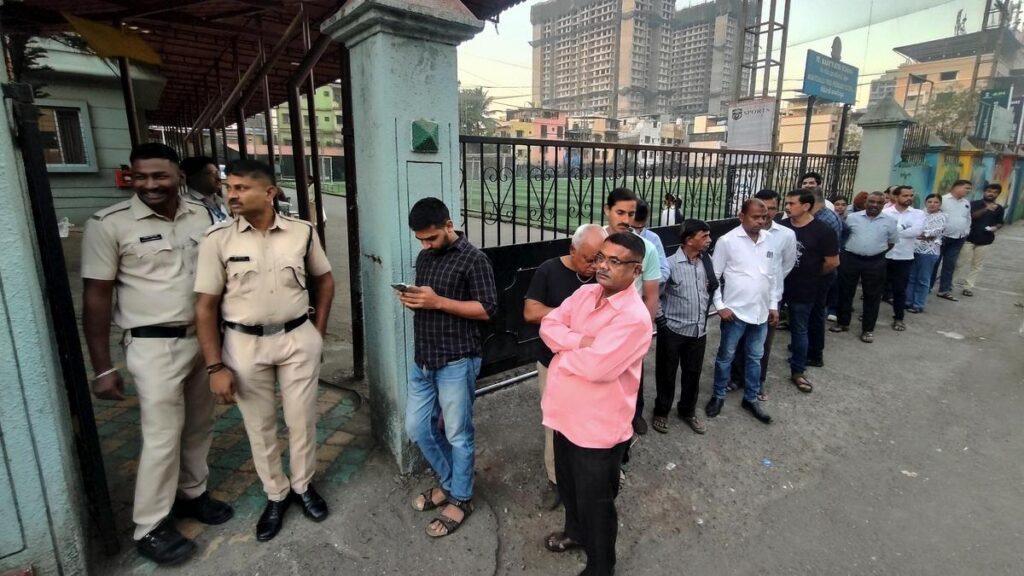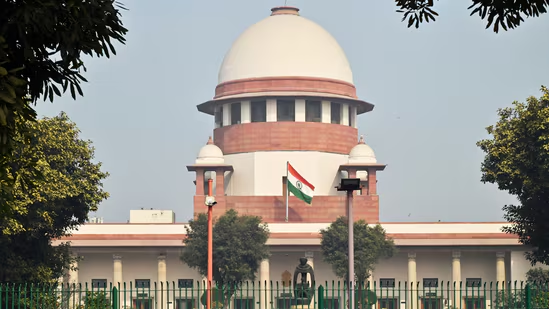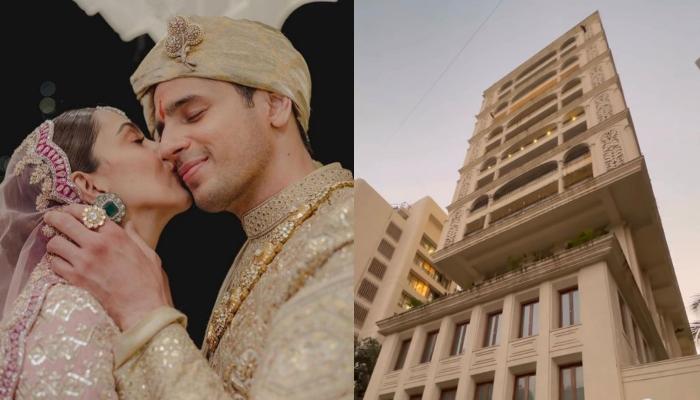Now Reading: ‘Ek Chutki Sindoor’: Delhi BJP Leader Rekha Gupta’s Filmy Dig at Jaya Bachchan Sparks Buzz
-
01
‘Ek Chutki Sindoor’: Delhi BJP Leader Rekha Gupta’s Filmy Dig at Jaya Bachchan Sparks Buzz
‘Ek Chutki Sindoor’: Delhi BJP Leader Rekha Gupta’s Filmy Dig at Jaya Bachchan Sparks Buzz

A dramatic one-liner from a Bollywood classic made its way into Delhi politics this week. BJP leader and MLA Rekha Gupta stirred a storm in the Delhi Assembly by quoting the iconic line “Ek chutki sindoor…” while taking a sharp swipe at veteran actress and MP Jaya Bachchan. The moment, which quickly caught public attention, highlighted how cinematic dialogues continue to find space in political showdowns.
This unusual blend of pop culture and politics has now become a talking point far beyond the Assembly floor.
What Triggered the Comment?
The remark came during a heated session in the Delhi Assembly when Gupta was addressing issues around women’s safety and empowerment. While stressing the emotional and symbolic value of sindoor in Indian culture, she brought up the well-known dialogue from the film Om Shanti Om, originally delivered by Deepika Padukone.
But Gupta didn’t stop at just quoting a film. She directly referenced Jaya Bachchan, who had played a role in the same film and is now a sitting MP representing the Samajwadi Party in Rajya Sabha. Gupta’s underlying message seemed to be aimed at highlighting what she saw as contradictions between Jaya Bachchan’s reel and real-life stances on traditions.
Pop Culture Meets Political Messaging
This isn’t the first time Bollywood has entered the political arena—not through endorsements, but through dialogue. Indian politicians often borrow language from cinema to connect with common people, simplify arguments, or make sharp critiques. But there’s always a thin line between cleverness and controversy.
Gupta’s use of the sindoor line triggered mixed reactions. Supporters called it a creative way to underline her point, while critics accused her of reducing a complex discussion on women’s rights to a theatrical punchline.
Relevance to Indian Society and Tier 2 Cities
For many in Tier 2 cities—where cultural traditions and Bollywood influence run deep—the symbolism of sindoor isn’t just dramatic, it’s personal. It represents marriage, devotion, and identity. So when politicians frame debates using such symbols, it resonates at a grassroots level.
But it also invites scrutiny. Are such references helping the conversation move forward? Or are they just creating distractions from real issues like gender rights, social safety, and legal protections?
Political Stage or Performance?
There’s a growing trend of using theatrics in Indian politics—be it through costumes, poetry, or dramatic statements. Gupta’s dialogue didn’t just spark laughter or outrage—it showed how much politics today is also about performance. Whether it adds depth to public discourse or blurs the line between showmanship and seriousness is still up for debate.
Conclusion
Rekha Gupta’s “ek chutki sindoor” moment is now part of the wider conversation on how Indian politicians engage with voters, media, and rivals. It may have been a quick jibe, but it raises larger questions about symbolism, storytelling, and substance in our political spaces. At a time when voters are watching closely, such moments can either elevate the dialogue or reduce it to a scene from a script.

























